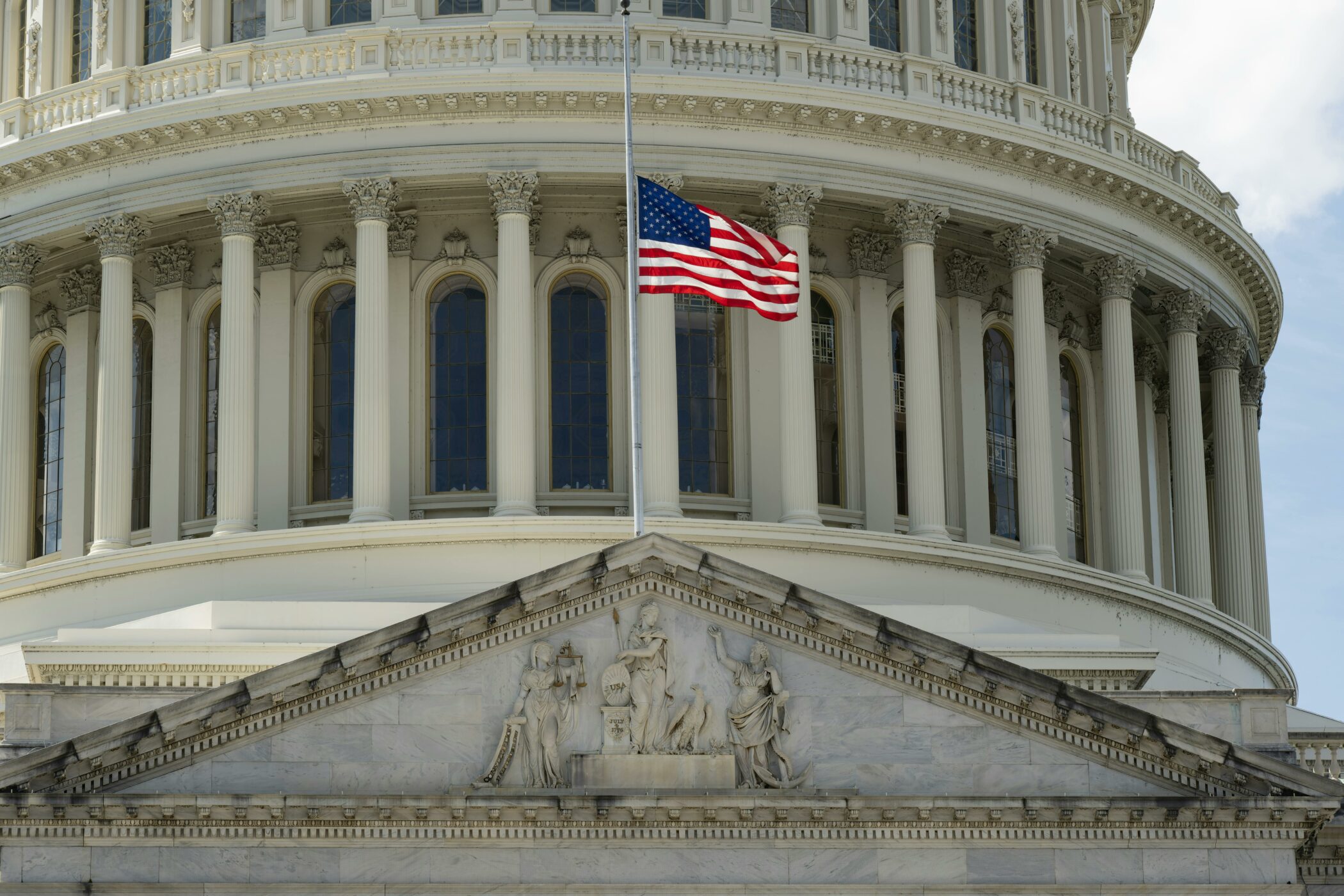Bipartisan Legislation Introduced to Facilitate Expungement of Pardoned Federal Offenses
LOS ANGELES- On November 22, 2024, Representative Kelly Armstrong (R-ND) introduced H.R. 10248, known as the Weldon Angelos Presidential Pardon Expungements Act, in the U.S. House of Representatives. The bill, which has been referred to the House Committee on the Judiciary, aims to establish a process for the expungement of federal offenses that have been pardoned by the President.
Background and Objectives
The proposed legislation is named after Weldon Angelos, a former music producer who was sentenced to 55 years in federal prison for nonviolent cannabis-related offenses. After serving 13 years, Angelos was granted clemency by President Barack Obama and later received a full pardon from President Donald Trump. Despite these acts of clemency, Angelos’s criminal record continued to present significant barriers to employment and reintegration into society.
The bill seeks to address the challenges faced by individuals like Angelos, whose pardoned offenses remain on their records, affecting their ability to fully participate in society. By creating a formal expungement process, the legislation aims to remove the lingering effects of pardoned federal offenses, thereby facilitating better access to employment, housing, and other opportunities.
Provisions of the Bill
H.R. 10248 proposes the following key measures:
- Establishment of Expungement Procedures: The Director of the Administrative Office of the United States Courts is tasked with developing procedures for the review, expungement, sealing, and redaction of official records related to pardoned federal offenses. This process is to be established within one year of the bill’s enactment.
- Consultation with Relevant Entities: In formulating these procedures, the Director may consult with various entities, including the Attorney General, federal agencies such as the Federal Bureau of Investigation and the Drug Enforcement Administration, the United States Sentencing Commission, and subject-matter experts.
- Notification and Implementation: Upon expungement, courts are required to notify affected agencies and individuals, ensuring that expunged records are properly sealed and sequestered. The bill also mandates the protection of the confidentiality of expunged records.
Bipartisan Support
The bill has garnered bipartisan support, with co-sponsors including Representatives David J. Trone (D-MD), Laurel M. Lee (R-FL), Barry Moore (R-AL), Jeff Duncan (R-SC), and Don Bacon (R-NE). This cross-party backing underscores a shared commitment to criminal justice reform and the reintegration of individuals who have received presidential pardons.
Implications
If enacted, the Weldon Angelos Presidential Pardon Expungements Act would provide a structured pathway for individuals with pardoned federal offenses to have their records expunged. This could significantly enhance their prospects for employment, education, and housing, thereby promoting their full reintegration into society.
The legislation reflects a broader movement towards addressing the long-term consequences of criminal records, particularly for nonviolent offenses, and aligns with ongoing efforts to reform the criminal justice system in the United States.



































